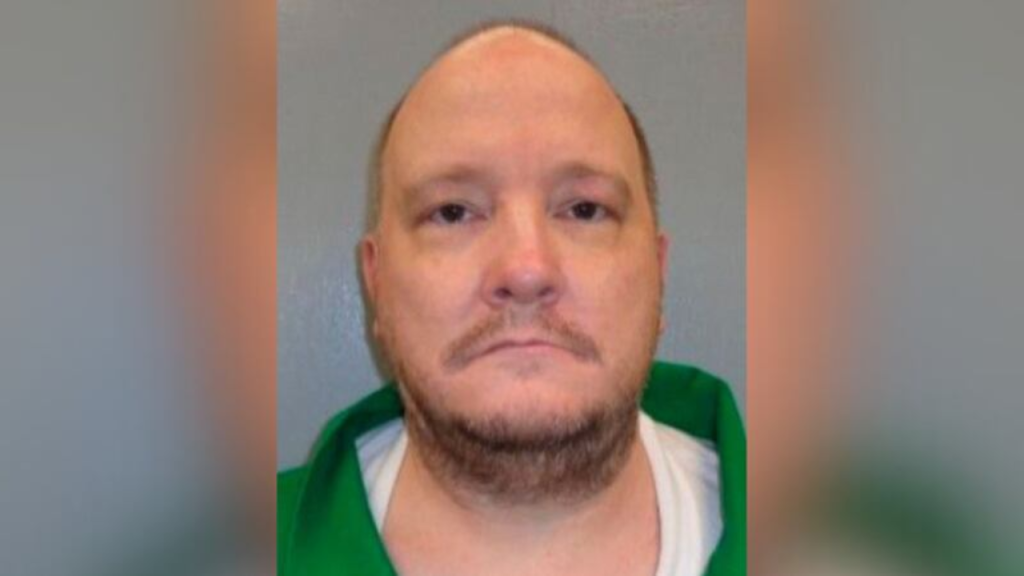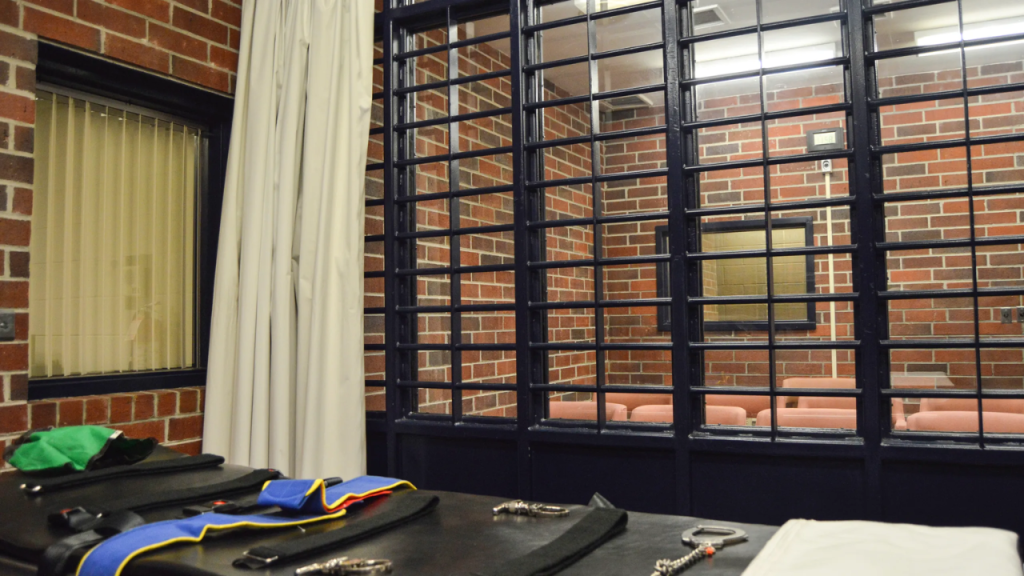
James Robertson, a 51-year-old inmate on South Carolina’s death row, has formally requested to represent himself in court, a move that could expedite his execution. This decision follows the recent executions of five fellow inmates, including his best friend, Marion Bowman Jr., in just seven months, reducing the state’s death row population from 30 to 25.
The Crime and Robertson’s History
Robertson was convicted in 1999 for the brutal murders of his parents in their Rock Hill home. He beat his father with a hammer and a baseball bat and stabbed his mother, attempting to stage the scene as a robbery to claim part of their $2.2 million estate.
This isn’t Robertson’s first attempt to end his appeals. In the early 2000s, he sought to drop all his appeals, expressing a preference for a death sentence over life imprisonment without parole. He felt let down by every lawyer he had encountered since his arrest.
Emotional Toll and Legal Proceedings
Robertson’s attorney, Emily Paavola, has raised concerns about his mental health, noting untreated depression, chronic back pain, and a skin condition that exacerbates his depression. She also highlighted his distress over the recent executions that have diminished the close-knit death row population. Paavola has requested a four-month delay to allow for a full psychiatric evaluation to determine Robertson’s mental competency.
A federal judge has ordered a 45-day delay to appoint an independent lawyer to assess Robertson’s decision to waive further appeals. The appointed lawyer is expected to report back by early July.

Broader Context and Legal Implications
Robertson’s case brings attention to the phenomenon of death row inmates who voluntarily end their appeals, known as “volunteers.” Approximately 10% of U.S. executions involve inmates who agree to die before completing all their appeals. Research indicates that nearly all such volunteers have mental illnesses that may influence their decision to forgo further legal proceedings.
The rate of volunteer executions has declined in recent years, paralleling the overall decrease in executions nationwide. From 2000 to 2009, 65 of the 590 U.S. … inmates who dropped appeals. From 2020 to … executed have been considered volunteers.
Public and Legal Reactions
Tommy Pope, the prosecutor who sent Robertson to death … , expressed understanding of inmates choosing to stop fighting their sentences. He acknowledged the psychological toll of life on death row, stating that he might choose the latter option himself if faced with such a situation.
However, legal experts and human rights advocates continue to scrutinize the ethical implications of voluntary executions, especially concerning the mental health of the inmates involved. The upcoming legal evaluations will likely play a pivotal role in determining Robertson’s fate and may influence future cases involving death row volunteers.
